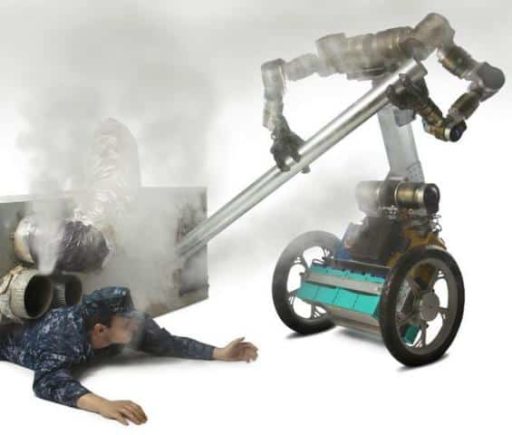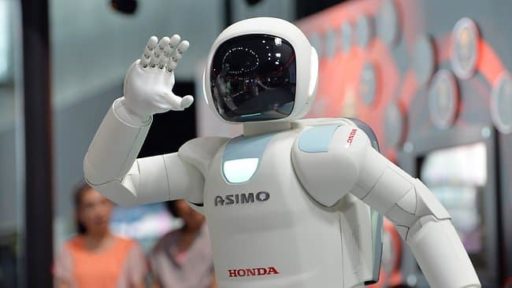Robots have been made to assist humans from household work to cleaning, battle wars to hospitals, creating building to replacing humans from doing risky works, rescuing people and in many other works. In fact, day-by-day, we are getting dependent on robots. But according to a new study it has been found while older people really do enjoy having the help of robots in household chores like cleaning the kitchen, doing laundry and taking out the trash but they prefer humans rather than robots for more personal tasks like getting dressed or bathing.
The Georgia Institute of Technology, supported by the National Science Foundation and the National Institutes of Health, has made a different type of survey. The researchers of these organizations showed a video of a robot’s capabilities to 65 to 93 years old male and female people. After showing the video researchers asked them, out of 48 common household tasks, for which works they would prefer robots helping them? All the 65 to 93 years old male and female people simply answered, they would prefer robotic help than human help for household works such as cleaning the kitchen, doing laundry, and taking out the trash; but they would prefer human help than robotic help while it’s time for changing dress or getting dressed, eating, bathing as well as involving in social activities like calling family and friends, or entertaining guests. Few adults said they would use robots reminding them of taking medicine, but at the same time they also said that they would prefer humans than robots helping them to decide which medication to take.
Cory-Ann Smarr, a graduate teaching assistant in the School of Psychology at Georgia Institute of Technology (Georgia Tech) said, “There are many misconceptions about older adults having negative attitudes toward robots. The people we interviewed were very enthusiastic and optimistic about robots in their daily lives. They were also very particular in their preferences, something that can assist researchers as they determine what to design and introduce in the home.”
Psychology Professor Wendy Rogers, the principal investigator of this survey said, “It seems that older people are less likely to trust a robot with decision-making tasks than with monitoring or physical assistance. Researchers should be careful not to generalize preferences when designing assistive robots.”
However, last week at the Human Factors Ergonomics Society Annual Meeting in Boston the findings were presented. And now, the research team is planning future studies for adults who currently need help with everyday tasks. Be noted, according to this survey result, nearly 75% people use everyday technologies like cell phones and appliances as a helping hand for everyday tasks.
Source : Georgia Institute of Technology
[ttjad keyword=”best-selling-gadget”]



![Read more about the article [Video] Virginia Tech’s Humanoid Robot CHARLI-2 Dancing In “Gangnam Style”](https://thetechjournal.com/wp-content/uploads/2012/10/Humanoid-Robot-CHARLI-2-Dancing-Gangnam-Style-512x286.jpg)